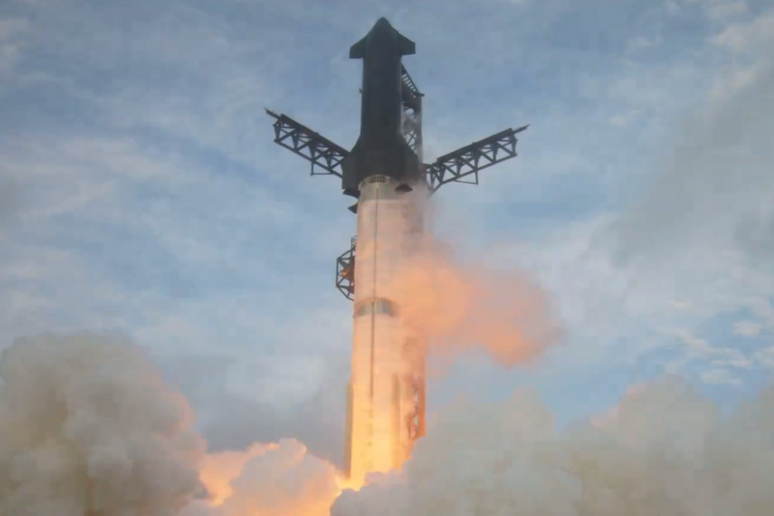The U.S. military is trying to turn a remote Pacific wildlife refuge into a landing site for SpaceX rockets. A move that, while it could improve military capabilities, would put a rare “sanctuary” for 1.5 million birds in serious danger.
Last month the U.S. Space Force announced plans to build two airstrips on Johnston Atoll, a U.S. territory consisting of four small islands about 800 miles southwest of Honolulu. The Space Force plans to use the site to test the Rocket Cargo Vanguard program, which aims to accelerate the transport of military cargo around the world using large commercial rockets.
Unconfirmed sources suggest that vehicles from SpaceX, a company owned by Elon Musk, will be used for the project. The company signed a $102 million contract with the government in 2022, but it is not alone. Several other companies have research and development agreements with the U.S. Transportation Command related to missile cargo transportation. Among them is Blue Origin, owned by Amazon patron Jeff Bezos.
However, SpaceX’s Starship offers far greater payload capacity than any other rocket. In November, Space Force General Chance Saltzman, head of space operations, joined Musk and President Donald Trump to watch a test flight of the Starship from Texas.
SpaceX launches have damaged nearby bird nests and eggs, according to local environmentalists. Nevertheless, the Space Force said the construction and operation of Johnston’s project will not have a significant impact on the environment.
The Department of the Air Force is working with the U.S. Fish and Wildlife Service and the National Oceanic and Atmospheric Administration to develop meaningful measures, as appropriate, to avoid, minimize, and mitigate potential impacts on migratory bird populations on Johnston Island. Despite reassurances from authorities, scientists and environmentalists remain skeptical about the feasibility of the operation.
The remote archipelago has already been the subject of political decisions over the years. During the Cold War, the government conducted high-altitude nuclear tests there, later also storing the infamous Agent Orange. In 2004, the military once again returned Johnston to the birds. The atoll is part of the Pacific Islands Heritage Marine National Monument, established by George W. Bush in 2009 and expanded by Barack Obama five years later.
According to experts, to date the archipelago is one of the last wild and intact ocean ecosystems in the world. Birds generally go there to build their nests away from people, predators and pests.
The return of human activities on this scale could disrupt the ecosystem again, seriously endangering the local wildlife, which may find itself forced to leave the archipelago.












